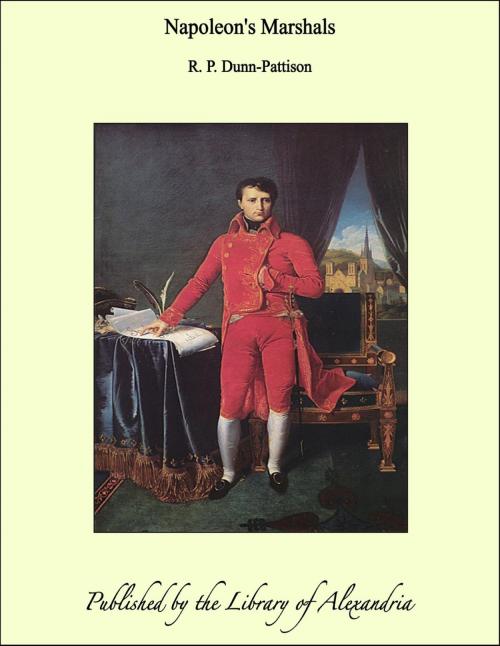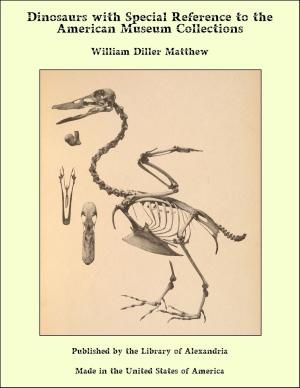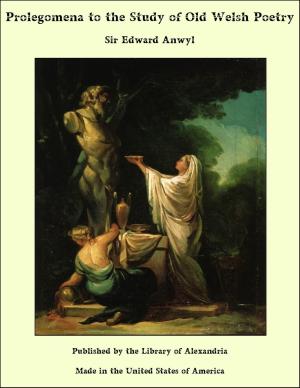| Author: | R. P. Dunn-Pattison | ISBN: | 9781465558916 |
| Publisher: | Library of Alexandria | Publication: | March 8, 2015 |
| Imprint: | Language: | English |
| Author: | R. P. Dunn-Pattison |
| ISBN: | 9781465558916 |
| Publisher: | Library of Alexandria |
| Publication: | March 8, 2015 |
| Imprint: | |
| Language: | English |
It is a melancholy but instructive fact to remember that, in the opinion of him whom nature had adorned with the greatest intellect that the world has yet seen, selfishness and self-interest lie at the root of all human action. "For," as Napoleon said, "in ambition is to be found the chief motive force of humanity, and a man puts forth his best powers in proportion to his hopes of advancement." It was on this cynical hypothesis therefore, with a complete disregard of those higher aspirations of self-sacrifice and self-control which raise man above the mere brute, that the Corsican adventurer waded through seas of blood to the throne of France, and then attempted, by the destruction of a million human beings, to bind on his brow the imperial crown of Western Europe. In spite of loud-sounding phrases and constitutional sleight-of-hand, none knew better than Napoleon that by the sword alone he had won his empire and by the sword alone he could keep it. Keen student of history, it was not in vain that again and again he had read and re-read the works of Cæsar, and pondered on the achievements of Charlemagne and the career of Cromwell. The problem he had to solve was, how to conceal from his lieutenants that his dynasty rested purely on their swords, to bind their honours so closely to his own fortune that they should ever be loyal; so to distribute his favours that his servants should never become so great as to threaten his own position. It was with this object in view that at the time he seized for himself the imperial crown he re-established the old rôle of Marshal of France, frankly confessing to Roederer that his reason for showering rewards on his lieutenants was to assure to himself his own dignity, since they could not object to it when they found themselves the recipients of such lofty titles.
It is a melancholy but instructive fact to remember that, in the opinion of him whom nature had adorned with the greatest intellect that the world has yet seen, selfishness and self-interest lie at the root of all human action. "For," as Napoleon said, "in ambition is to be found the chief motive force of humanity, and a man puts forth his best powers in proportion to his hopes of advancement." It was on this cynical hypothesis therefore, with a complete disregard of those higher aspirations of self-sacrifice and self-control which raise man above the mere brute, that the Corsican adventurer waded through seas of blood to the throne of France, and then attempted, by the destruction of a million human beings, to bind on his brow the imperial crown of Western Europe. In spite of loud-sounding phrases and constitutional sleight-of-hand, none knew better than Napoleon that by the sword alone he had won his empire and by the sword alone he could keep it. Keen student of history, it was not in vain that again and again he had read and re-read the works of Cæsar, and pondered on the achievements of Charlemagne and the career of Cromwell. The problem he had to solve was, how to conceal from his lieutenants that his dynasty rested purely on their swords, to bind their honours so closely to his own fortune that they should ever be loyal; so to distribute his favours that his servants should never become so great as to threaten his own position. It was with this object in view that at the time he seized for himself the imperial crown he re-established the old rôle of Marshal of France, frankly confessing to Roederer that his reason for showering rewards on his lieutenants was to assure to himself his own dignity, since they could not object to it when they found themselves the recipients of such lofty titles.















